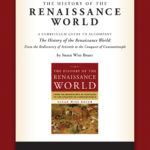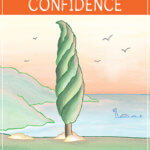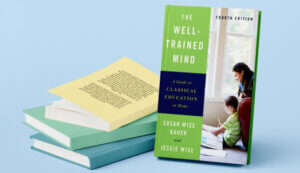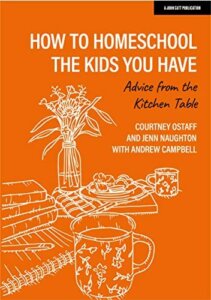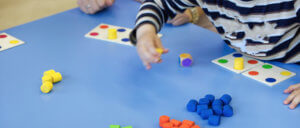
Elementary children have an immense capacity to memorize without realizing that they’re doing it. For children in grades 1-4, try the following method for memorization: Divide the selection to be memorized into chunks of 8-10 lines. Once every school day, ask the child to read the first chunk four times out loud; in our house, the child reads it once to Mom (to make sure the words are pronounced properly), once to the fish, once to a younger sibling, and once to whatever other adults are on the premises (Susan sometimes uses this as a break activity, since the boys often end up running outside to read their chunk of text to Grammy in the garden or Daddy out at the sawmill).
If this is done every day faithfully, most children will learn their 8-10 line chunk in a week. On Friday, ask the child to see how far he can get from memory. Most children will be startled to find that they know the whole assignment by heart!
The next week, assign the child the next “chunk” of text. Ask her to read the first part of the assignment (the previous week’s chunk of text) once, and then the new text four times. Do this every day.
On Friday, ask the child once again to try the whole work, from the beginning. Continue on in this pattern until the entire selection is memorized. Then assign the child the duty of repeating the selection in front of the mirror until she can do it without giggling.
Now she’s ready to recite it for you, and then for other adults.
Older children often won’t memorize quite as easily. But try this: adapt the “no-pain” method of memorization by having the student repeat each line or sentence of the assignment four times, out loud. After reciting each line four times, the student should then read the entire selection out loud four times consecutively. Have her do this every day for two weeks.
In most cases, the piece will be committed to memory – without the student noticing it!
Recommended Products
-
Sale!

The Well-Trained Mind: Essential Edition
0 out of 5$39.99Original price was: $39.99.$34.95Current price is: $34.95. Add to cart -
Sale!
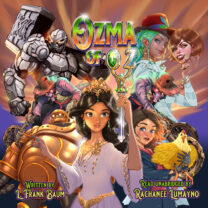
Ozma of Oz
0 out of 5$19.46 – $25.46 Select options -
Sale!

The Marvelous Land of Oz
0 out of 5$19.46 – $25.46 Select options -
Sale!
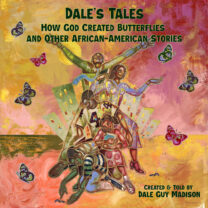
Dale’s Tales
5.00 out of 5$8.95Original price was: $8.95.$6.71Current price is: $6.71. Add to cart -
Sale!
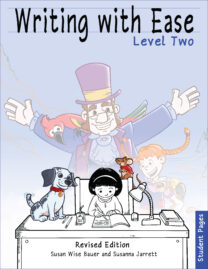
Writing With Ease 2, Revised Student Pages
0 out of 5$15.95 – $16.11 Select options -
Sale!
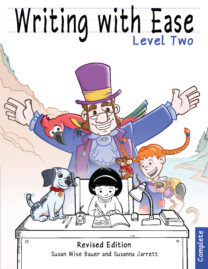
Writing With Ease 2, Complete Revised Edition
0 out of 5$31.95 – $33.11 Select options -
Sale!
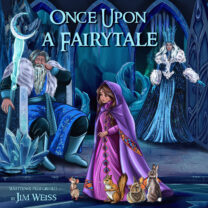
Once Upon a Fairytale
0 out of 5$9.71 – $12.71 Select options -
Sale!

Napoleon and the French Revolution
0 out of 5$11.01 – $14.41 Select options
ABOUT THE AUTHOR
Susan Wise Bauer
Join over 100,000 homeschooling families
For the latest offers, educational insights, products and more.
By joining you agree to our privacy policy.




